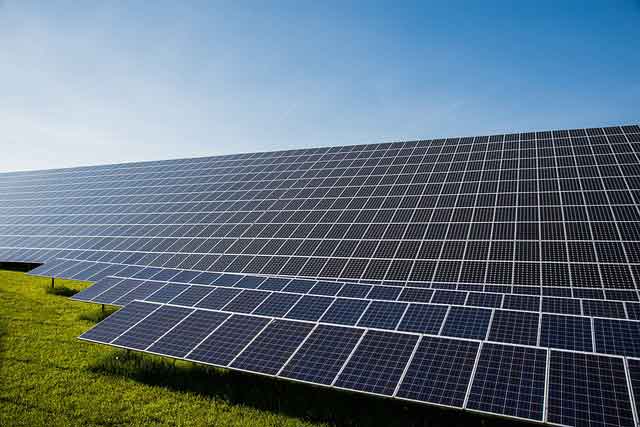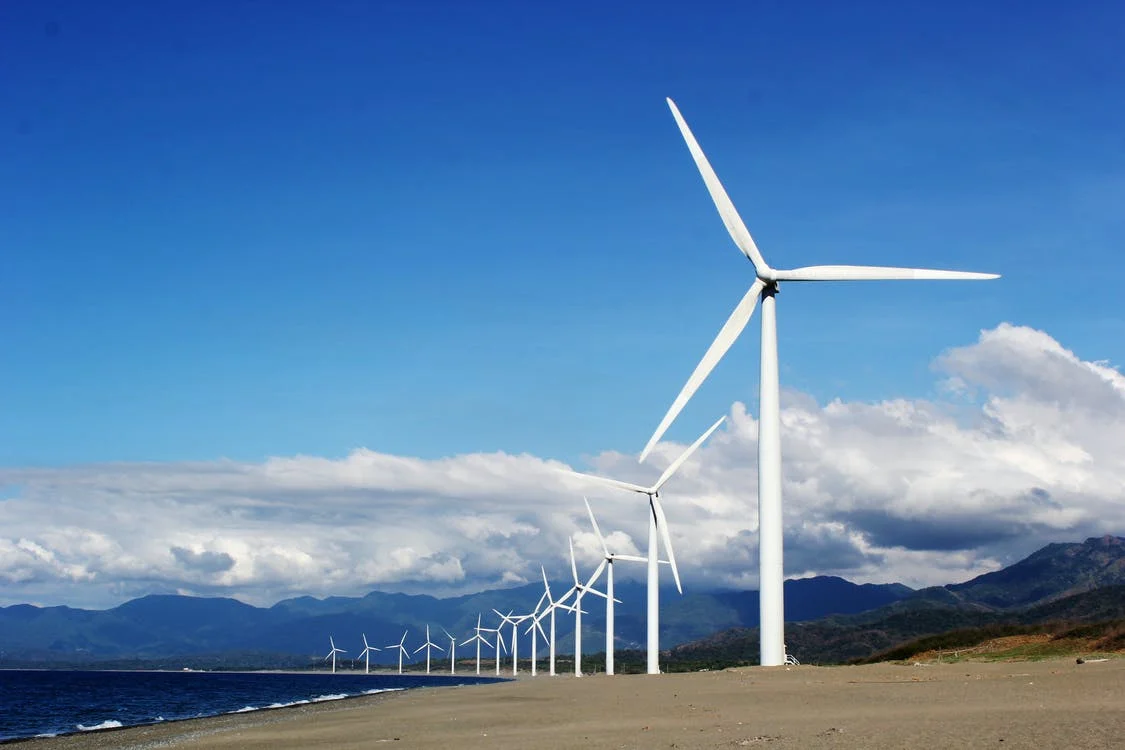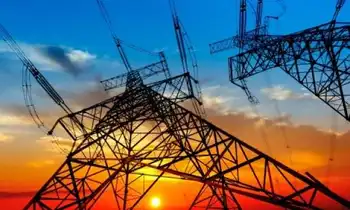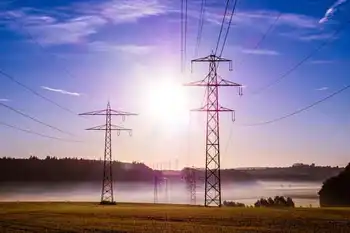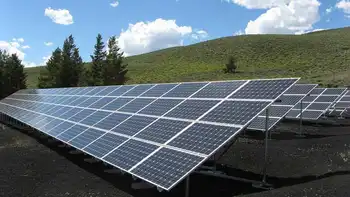DonÂ’t ask for increases, Ontario tells utilities
By Globe and Mail
NFPA 70e Training - Arc Flash
Our customized live online or in‑person group training can be delivered to your staff at your location.

- Live Online
- 6 hours Instructor-led
- Group Training Available
The government's 11th-hour intervention in a rate-setting process that is designed to take the politics out of electricity pricing follows revelations that residential customers in Ontario are already facing increases of $300 more a year on average to keep the lights on by the end of 2011.
Three days before Hydro One was set to go to the province's energy regulator in mid-March, government officials told the company not to file its application, according to industry sources. Months of preparation that had gone into applying for the new rate suddenly ground to a halt, including the printing of hundreds of thousands of pages of documents.
The magnitude of the increase Hydro One was seeking — 22 per cent over two years, according to industry sources — left many of its largest customers in shock. Ontario Power Generation's OPG intention to ask for a 9.6 per cent rate increase effective next January — equivalent to about $2.75 a month for the average household — paled in comparison. But unlike Hydro One, OPG publicly announced its plans last March 29, and it was the negative reaction that prompted government officials to step in, the sources said.
Energy Minister Brad Duguid said government officials are scrutinizing any request for a price increase to determine whether it is, in fact, necessary.
"We're looking very closely at all increases in the system to ensure that we're standing up for consumers, to ensure that they're getting value for their money," he said in an interview on Thursday. "We are scrutinizing any impacts on rates very closely."
Opposition members say the McGuinty government is to blame for mismanaging the electricity system.
"This is more about politics than anything else," said Progressive Conservative energy critic John Yakabuski. "They don't want to deal with the negative push back from the consumer."
Energy consultants say several factors account for the $300 annual increase, or 25 per cent, consumers are facing next year, including green-energy investors the government is luring with the promise of generous long-term contracts. The figure does not include the increases sought by Ontario Hydro and OPG.
Industry sources said they were surprised the utilities had withdrawn their requests, because they typically seek the green light from government before proceeding to the Ontario Energy Board. This time around, both utilities had already spent two days meeting with large customers last March, explaining the need for rate increases, before suspending their applications.
Hydro One spokeswoman Daniele Gauvin said the utility, which owns the province's electricity transmission system, is now reviewing its application to look for areas where it can reduce costs by deferring work.
"In the current economic times, we are mindful of the impact of rate increases on our customers," Ms. Gauvin said. She would not confirm how much of an increase Hydro One was seeking.
OPG planned to file its application on April 15. But that same day, Andrew Barrett, OPG's vice-president of regulatory affairs, sent an e-mail to large customers, saying the date had been pushed back to late May.
"During this time, OPG will review our application to identify ways to further lessen the impact of our request on ratepayers," he said.
OPG spokesman Ted Gruetzner denied that it was Mr. Duguid who directed the utility to withdraw its application.
OPG generates about two-thirds of the province's electricity output and is the only producer whose rates are set through public hearings. The utility has not had a rate increase since 2008. It receives 5.5 cents a kilowatt hour for power from its nuclear reactors and 3.7 cents from its hydroelectric plants — well below what other producers receive.





